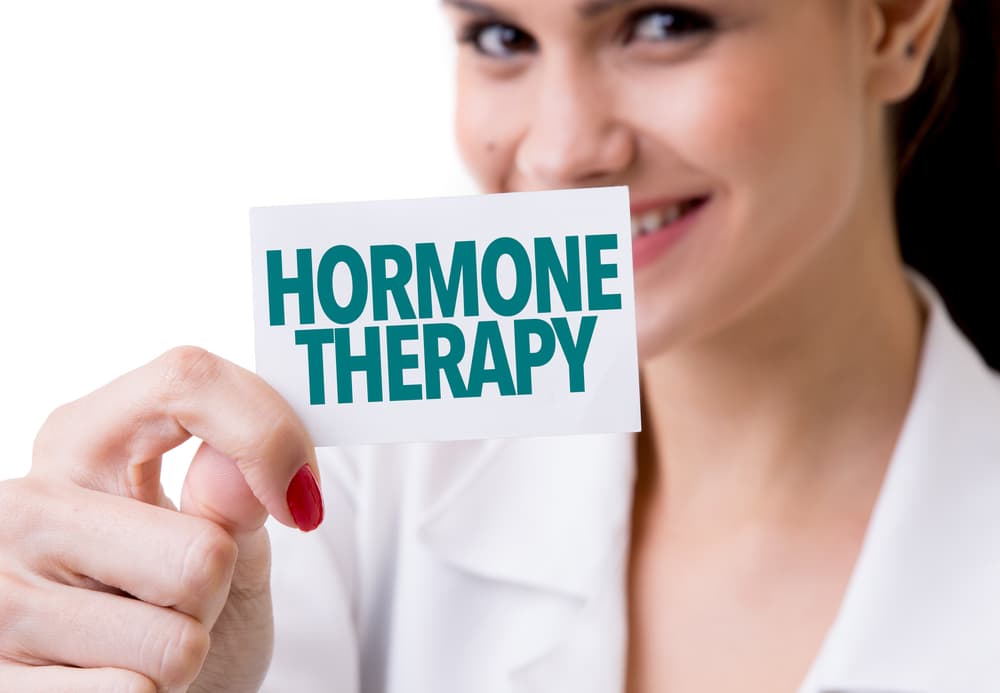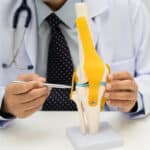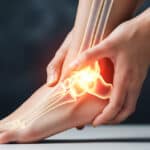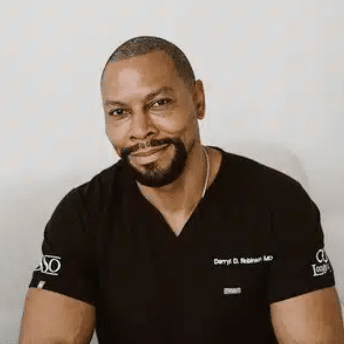
Hormone replacement therapy incorporates female hormones that replace those that the body no longer produces following menopause. These are sometimes employed to treat common symptoms of menopause, including hot flashes and vaginal discomfort. Hormone therapy was also shown to prevent bone loss and to reduce postmenopausal fractures in women. In addition to the benefits, the use of hormone replacement therapy also presents risks. These risks depend on some factors, including the dose, hormone therapy, and duration of the treatment.
Benefits of Hormone Therapy
- Hormone systemic therapy is the most effective treatment for the troubles of menopausal night sweats and hot flashes. It is produced in the form of a gel, patch, pill, spray, and cream. Estrogen also can reduce vaginal menopause symptoms, including burning, itching, dryness, and intercourse discomfort.
- Low-dose vaginal estrogen preparations come in tablet, cream, or ring form. They can effectively treat certain urinary symptoms and vaginal symptoms while at the same time minimizing body absorption. Low-dose prepared vaginal products do not assist with night sweats, hot flashes, or osteoporosis protection.
- If you take hormone replacement therapy, then you can minimize the negative effects. You not only feel healthier but also confident.
- Once you hit 30, the level of testosterone decreases by one percent every year. Taking hormone therapy can help you deal with various problems, such as depression, impaired cognitive function, impotence, and irritability.
HRT (Hormone Replacement Therapy)
The purpose of HRT is to replace the estrogen that your body is unable to produce after menopause. Estrogen therapy comes in the form of different forms, such as
Pills
Estrogen pills are considered to be one of the most common treatment options for menopausal symptoms.
Skin Patch
The patch is normally worn on the skin of your abdomen. Some estrogen patches need to be replaced regularly, while others may remain for weeks.
Creams, Gels & Sprays
Estrogen creams, gels, and sprays are other ways to get estrogen into your system. Creams, gels, and sprays allow your body to absorb estrogen that directly reaches your bloodstream. A doctor’s instruction is required to use them properly.
Who Are Eligible to Get the Benefits of HRT?
- Women having moderate to severe hot flashes and night sweats can get the benefits of HRT.
- HRT can help you treat other vaginal symptoms, such as dryness, itching, and discomfort during intercourse.
- HRT is extremely beneficial for those having osteoporosis. If you are in OKC, you can contact your doctor to learn more about hormone therapy.
- Women experiencing early menopause or having estrogen deficiency can call for HRT. You can contact your doctor for hormone replacement therapy in OKC.
Risks of Hormone Therapy
A combination of estrogen-progestin pills has increased the risk of cardiovascular disease, blood clots, and breast cancer in the most important clinical trial to date.
Other risks, such as the risk of cancer, heart, and cardiovascular disease, can also vary depending on whether the estrogen is given alone or with progestin, your family medical history, the dose and the type of estrogen, and other medical factors.
Who can try this?
Replacement estrogen remains the most effective treatment for menopausal symptoms despite its health risks. If you are healthy, the benefits of hormonal therapy may outweigh the risks. You can consider this treatment if you:
- Go through several symptoms of menopause, such as hot flashes or others.
- Lose bone mass and may not tolerate or benefit from other therapies;
- Stop periods before 40 or lose your ovaries’ normal function before 40 years of age.
Women who go through early menopause, have had their ovaries removed, and do not undergo estrogen therapy until at least 45 years of age are at a higher risk of
- Osteoporosis
- Cardiovascular disease
- Parkinson’s symptoms
- Depression or anxiety.
Who is not suited for it?
Patients with breast cancer, endometrial cancer, ovarian cancer, stroke, liver disease, leg or lung clots, or unexplained vaginal bleeding should not use hormone therapy.
Measures to reduce risks:
- Find the best delivery method and product for you.
- Stick to the smallest effective dose.
- Get regular follow-up care from your doctor.
- Make the right choices for a healthy lifestyle.
To get the best method, according to your needs and preferences, and the best treatment products, consult our hormone replacement therapy doctor in OKC. Come to us at Oklahoma Spine & Pain Management for a proper diagnosis and treatment.
* * Disclaimer: This content should not be considered medical advice and does not imply a doctor-patient relationship.







